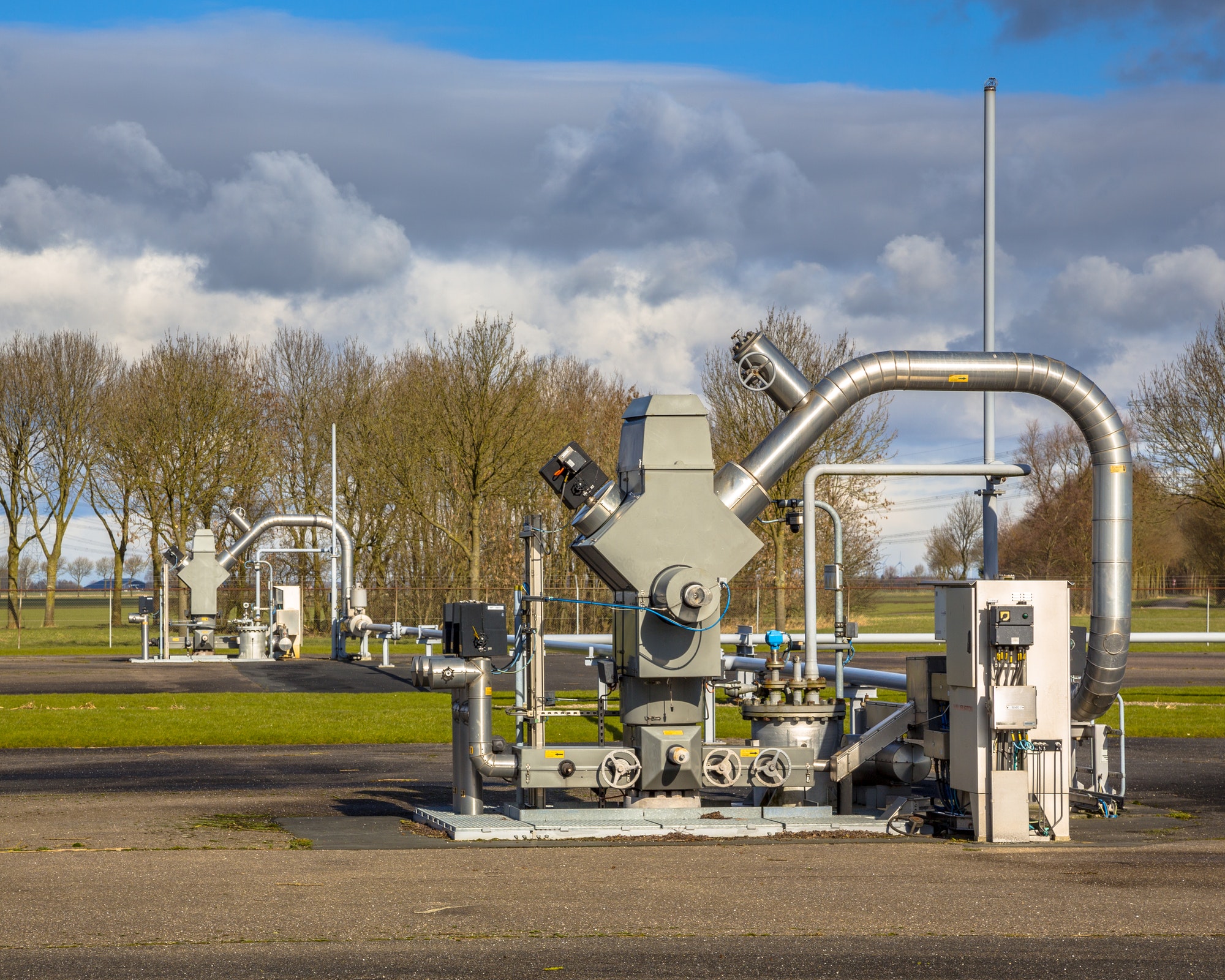What’s Happening at COP28?
The Basics of the COP28 Climate Summit
COP28 is a big meeting where world leaders and experts talk about climate change. This year, it’s in the United Arab Emirates, and there’s a lot of buzz because over 1,300 people who work in the fossil fuel industry (like oil and gas) are there. The main topic? Whether we should stop using fossil fuels like oil, gas, and coal.

The Sultan Al Jaber Situation
A key figure at the summit is Sultan Al Jaber, who’s running the show. He’s made some comments about whether we really need to stop using fossil fuels, and this has caused quite a stir. It shows how tricky it is to balance talking things out and actually doing something about climate change.
Key Issues Being Discussed
Why We Need to Stop Using Fossil Fuels Fast
There’s a big push to use less fossil fuels because they’re making the planet hotter. Experts and activists want a big agreement that says we should gradually stop using them, something that hasn’t been done in previous climate agreements.
Fossil Fuel Lobbyists at the Summit
There are a lot of people at COP28 who represent the fossil fuel industry. This raises questions about how much they might influence the decisions made at the summit. It’s a classic case of money vs. environment.
Saudi Arabia’s Oil Policy
Saudi Arabia, a big oil-producing country, doesn’t want to stop using fossil fuels. Their stance is important because it can affect the overall agreement, showing how different countries’ interests can make climate talks tough.

Science and Strategies for Reducing Emissions
Cutting Down Methane and Removing CO2
To fight climate change, we need to do things like reduce methane (a harmful gas) and find ways to take carbon dioxide out of the air. These are important steps in dealing with climate change.
The Pros and Cons of Emissions Capture Technology
There’s this technology that can capture emissions from the air, but it’s not perfect. It’s expensive and has limitations. Some people think it’s just a way for the fossil fuel industry to avoid making bigger changes.
Activism and Advocacy: Pushing for Change
Protests and Fossil Fuel Phaseout Day
Activists have been really active at COP28, even turning Energy Transition Day into Fossil Fuel Phaseout Day. Their protests and demands are a big part of the push for serious climate action.
The Work of Groups Like Oil Change International
Organizations like Oil Change International are fighting for clear policies on stopping the use of fossil fuels. They’re all about making sure there are solid plans in place to tackle climate change.

FAQs About COP28 and the Future of Fossil Fuels
Q1: What is COP28?
A1: COP28 is the 28th annual United Nations Climate Change Conference. It’s a global summit where leaders, experts, and activists come together to discuss and make decisions about climate change issues.
Q2: Why is the future of fossil fuels a big deal at COP28?
A2: Fossil fuels like oil, gas, and coal are major contributors to climate change. At COP28, there’s a big debate about whether the world should start moving away from these energy sources to prevent further global warming.
Q3: Who is Sultan Al Jaber and why is he controversial?
A3: Sultan Al Jaber is the president of COP28. He’s controversial because he has questioned the need to phase out fossil fuels, which has sparked a lot of debate, especially since he’s a key figure in the oil industry.
Q4: What’s the role of fossil fuel lobbyists at the summit?
A4: Fossil fuel lobbyists represent the interests of the oil, gas, and coal industries. Their presence at COP28 raises concerns about how much influence they might have on the decisions made about climate change policies.
Q5: What is Saudi Arabia’s stance on fossil fuels?
A5: Saudi Arabia, a major oil-producing country, is against the idea of phasing out fossil fuels. This is important because their position can affect the overall consensus at the summit.
Q6: What are methane emission reduction and carbon dioxide removal?
A6: These are strategies to fight climate change. Reducing methane emissions involves cutting down the release of this harmful gas, while carbon dioxide removal is about finding ways to take CO2 out of the atmosphere.
Q7: What is emissions capture technology?
A7: Emissions capture technology is a way to trap greenhouse gases like CO2 before they enter the atmosphere. It’s seen as a potential solution to climate change, but it’s expensive and has some limitations.
Q8: How are activists influencing COP28?
A8: Activists are making their voices heard through protests and advocacy, pushing for decisive action against climate change. They’ve even transformed some of the summit’s events to focus more on phasing out fossil fuels.
Q9: What is Oil Change International?
A9: Oil Change International is an organization that advocates for the end of fossil fuel use. They work to promote transparent and effective policies to address climate change.
Q10: Can COP28 really make a difference in climate change?
A10: COP28 has the potential to make a significant impact. The decisions and agreements made here can set the course for global climate action, but it depends on the commitment and cooperation of all participating countries.
Sources The New York Times



Pingback: Navigating 2024’s Tech Trends - Linkdood Technologies